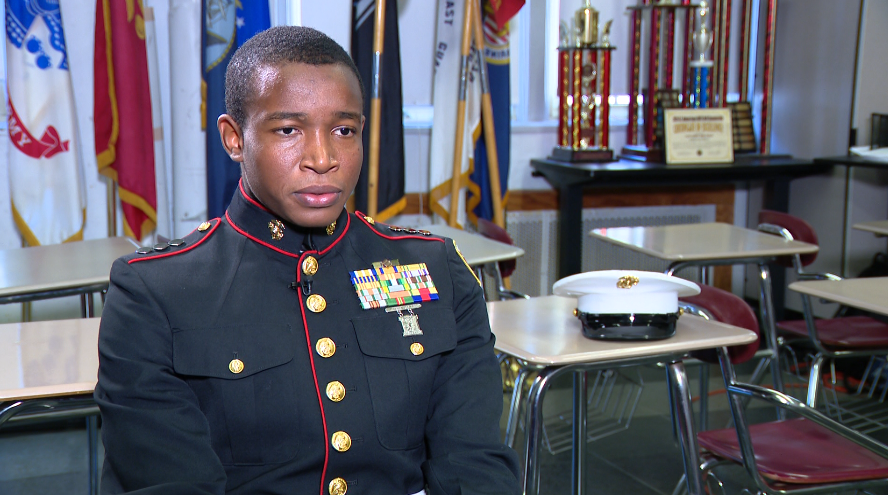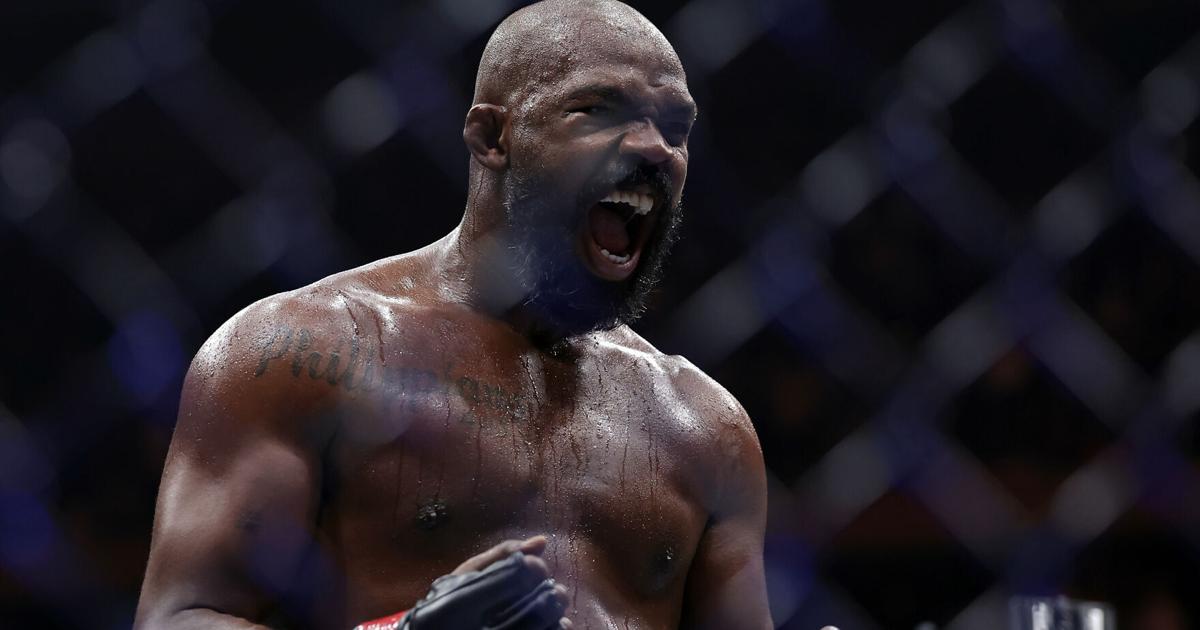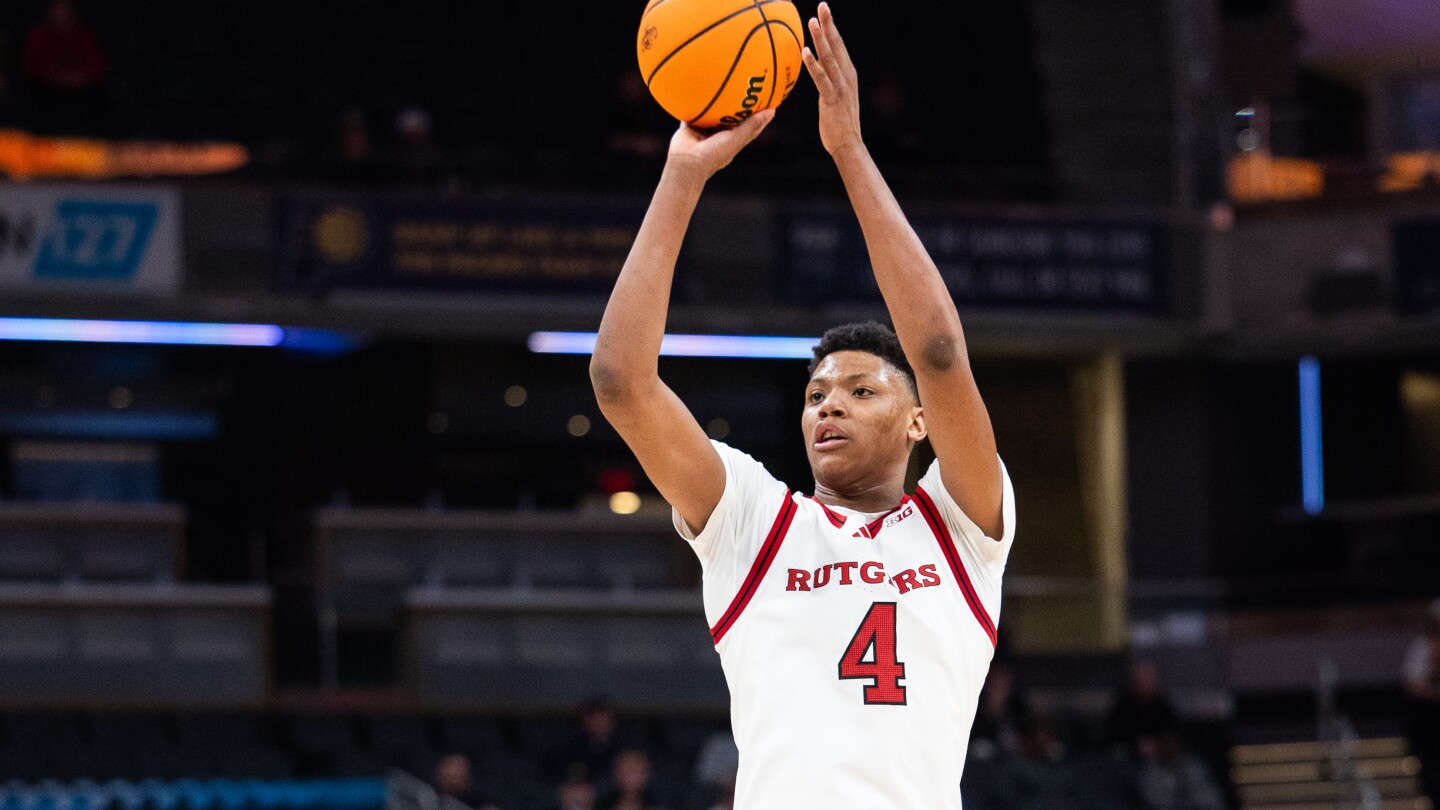NHL and NHLPA Extend Collective Bargaining Agreement to 2030

The NHL and the NHL Players’ Association have successfully ratified an extension of their collective bargaining agreement, ensuring labor peace in professional hockey through the year 2030. This significant development was confirmed in a joint announcement on Tuesday, following a vote by the NHL’s Board of Governors and the full membership of the NHLPA.
NHL Commissioner Gary Bettman expressed optimism about the agreement, stating, “The partnership between the Players’ Association and the league is stronger than it ever has been, and working together under this agreement presents a fantastic opportunity to continue to grow the game.” Bettman further emphasized the support from the Board of Governors, which he believes will help deliver an enhanced fan experience in the coming years.
The ratified agreement, which was tentatively reached last month, introduces several changes, including an 84-game regular season, reduced exhibition play, shorter maximum contract lengths, a playoff salary cap, and the removal of a mandatory dress code for players. Additionally, the creation of a full-time traveling goaltender position will eliminate the need for emergency backup goalies, commonly referred to as “EBUGs,” to enter games.
Key Changes and Player Reactions
These changes are set to take effect in the 2026-27 season. Longtime Colorado Avalanche emergency backup goalie Ben Hause reacted to the news on social media, noting, “While I’m largely happy for uninterrupted hockey for, at least, 5 more years, this likely means my swan song is coming up.”
NHLPA Executive Director Marty Walsh highlighted the collaborative effort that led to the agreement, saying, “This CBA shows what can be accomplished when the NHL and the union work together — an agreement that will allow for the continued worldwide growth of the game. That is a win for everyone.” Walsh also acknowledged the critical role of players, the executive board, and the negotiating committee in reaching this outcome.
Historical Context and Future Implications
Reaching this agreement swiftly, following negotiations that began in April, underscores the improved cooperation between the NHL and NHLPA. This collaboration was also evident in the recent 4 Nations Face-Off event and has paved the way for the NHL’s return to the Olympic Games in 2026 and 2030.
This marks a stark contrast to previous decades, notably the 2012-13 lockout that reduced the season to 48 games and the complete cancellation of the 2004-05 season due to disputes over the implementation of a salary cap. The cap, which initially stood at $39 million, is projected to rise to $95.5 million next season, with further increases expected to reach $113.5 million by the 2027-28 season.
Record attendance and revenues are driving these increases, reflecting a booming business and a positive trajectory for the sport.
Looking Ahead
The extension of the collective bargaining agreement represents a mutual acknowledgment by both owners and players of the sport’s current prosperity and potential for future growth. With the agreement in place, the focus can now shift to expanding the game’s global reach and enhancing the overall experience for fans and players alike.
As the NHL and NHLPA continue to work in harmony, the sport is poised to enter a new era of stability and growth, promising exciting developments for the hockey community worldwide.






